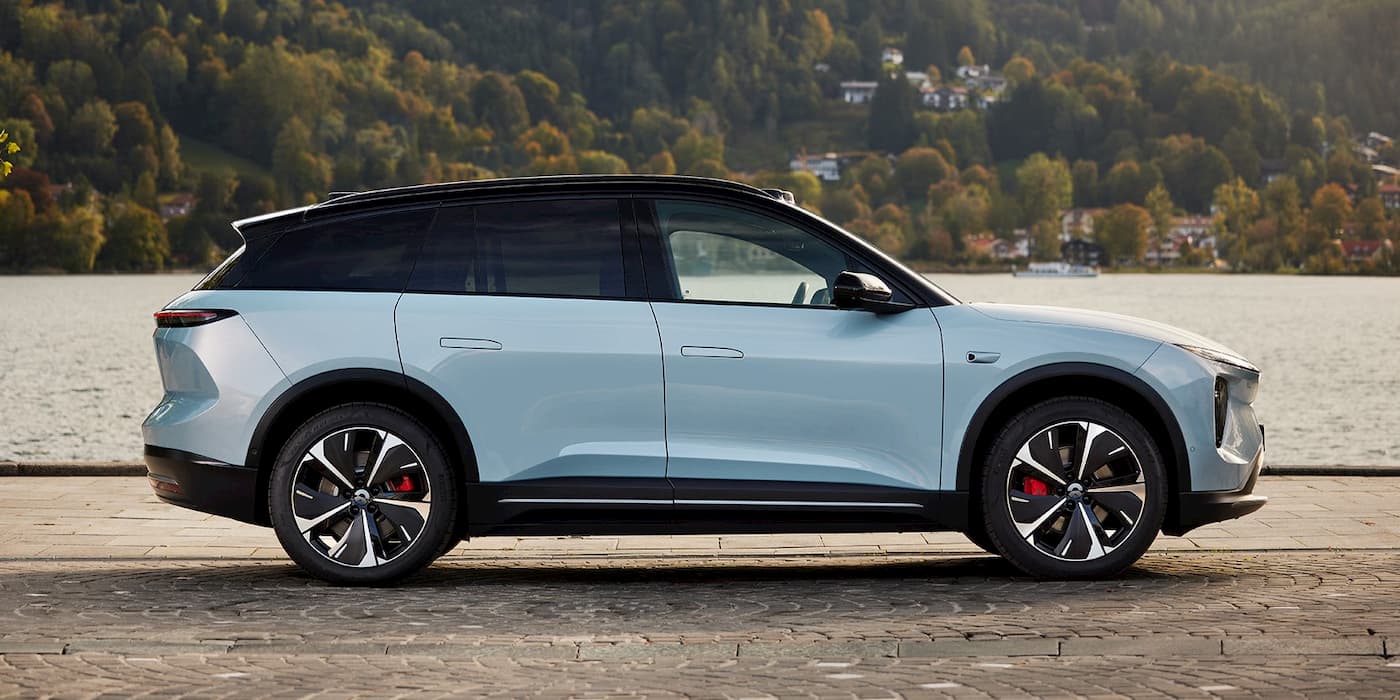NIO wants to lower its EV prices even more using LFP


NIO is considering full LFP (Lithium Iron Phosphate) batteries for future vehicles in a bid to cut costs, according to a Chinese regulatory filing (reported by CNEVPost). While the company has announced no plans about which vehicles or when the batteries will be available, the move makes sense for the high-volume, low(ish)-margin automaker.
NIO is an odd duck in the EV market — the Chinese OEM wholeheartedly embraced the concept of swappable batteries as foundational to its product lineup from the start, and it has continued on that road to date. As such, the company only offers two packaging variants of its vehicle batteries, 75 kWh and 100 kWh, respectively. Currently, the company uses NMC (Nickel Manganese Cobalt) chemistry for most of its cars, but also has a hybrid LFP battery that uses four nickel-chemistry modules to offset LFP’s poor cold-weather performance.
The new LFP batteries would presumably be 100% LFP chemistry, further reducing cost compared to even the cheaper hybrid chemistry cells. LFP chemistry does have some benefits (more stable, reduced cycle degradation), but its lower energy density means that it provides less range for a given volume of cells in an EV. Even marginally reduced cost, though, can quickly add up: Batteries account for anywhere from 20-40% or more of an electric car’s total bill of materials, and that figure tends to lean upward in lower-cost, higher-volume EVs. NIO’s LFP batteries, according to the filings, will be produced by CATL.
NIO is aggressively expanding partnerships for its battery-swapping technology, with names like Changan, Volvo, and Polestar signing on. It seems NIO is focusing more on vehicle production and is seeking to get out of other areas, with recent reports suggesting the company could spin off its battery business.
It’s widely expected that NIO will unveil its flagship sedan at an event in China later this month. That news would align well with everything else we’ve heard about the company lately. Luxury cars tend to bring higher margins than mass market transport, and while NIO is sidestepping on questions of a North American launch for now, demand for EVs in all segments in China remains quite high, especially among domestic manufacturers who can rather easily outprice foreign-made vehicles.
CNEVPost reports that the end cost reduction of NIO’s move to LFP could be very substantial — based on a similar change made by domestic rival XPENG, customers in China could see prices drop by thousands of dollars. Whether NIO will sell LFP chemistry vehicles outside China is unknown.
FTC: We use income earning auto affiliate links. More.